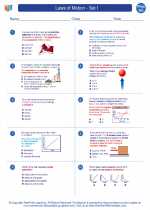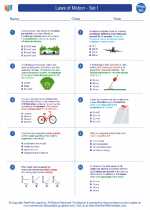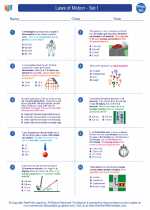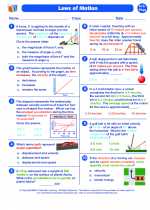Research: A Comprehensive Guide
What is Research?
Research is a systematic and methodical investigation into a subject in order to discover facts, establish new knowledge, or reach new conclusions. It involves collecting, analyzing, and interpreting information to answer a specific question or solve a problem.
Types of Research
- Basic Research: Conducted to expand knowledge and understanding of a subject without any immediate practical application.
- Applied Research: Aimed at solving a specific problem or addressing a practical question.
- Quantitative Research: Involves the collection and analysis of numerical data.
- Qualitative Research: Focuses on non-numerical data such as opinions, behaviors, and attitudes.
- Experimental Research: Involves the manipulation of variables to establish cause-and-effect relationships.
- Descriptive Research: Seeks to describe characteristics of a population or phenomenon.
The Research Process
- Identify the Research Problem: Clearly define the topic or issue that you want to investigate.
- Review the Literature: Conduct a comprehensive review of existing research and scholarly articles related to your topic.
- Formulate a Hypothesis: Develop a testable statement that predicts the relationship between variables.
- Design the Study: Determine the research method, data collection techniques, and sampling procedures.
- Collect Data: Gather relevant information through experiments, surveys, observations, or interviews.
- Analyze Data: Use statistical and qualitative analysis methods to interpret the collected data.
- Draw Conclusions: Based on the results of the analysis, draw conclusions and make recommendations if applicable.
- Report Findings: Communicate the research findings through a research paper, presentation, or other formats.
Research Skills and Techniques
Successful research requires a range of skills and techniques, including:
- Effective communication
- Critical thinking and problem-solving
- Data analysis and interpretation
- Information literacy and research ethics
- Time management and organization
Study Guide
To master the topic of research, it's important to:
- Understand the different types of research and their applications.
- Learn the research process and its various stages.
- Practice critical thinking and analysis of research articles.
- Develop effective communication and writing skills for reporting research findings.
- Stay updated on research methodologies and ethical considerations.
By mastering these concepts and skills, you will be well-prepared to conduct and understand research in various fields of study.
[Research] Related Worksheets and Study Guides:
.◂Physics Worksheets and Study Guides High School. Laws of Motion - Set I
Worksheet/Answer key Laws of Motion - Set I
Laws of Motion - Set I  Worksheet/Answer key
Worksheet/Answer key Laws of Motion - Set I
Laws of Motion - Set I  Worksheet/Answer key
Worksheet/Answer key Laws of Motion - Set I
Laws of Motion - Set I  Worksheet/Answer key
Worksheet/Answer key Laws of Motion - Set I
Laws of Motion - Set I 

 Worksheet/Answer key
Worksheet/Answer key
 Worksheet/Answer key
Worksheet/Answer key
 Worksheet/Answer key
Worksheet/Answer key

The resources above cover the following skills:
PHYSICAL SCIENCE (NGSS)
Energy
Students who demonstrate understanding can:
Develop and use models to illustrate that energy at the macroscopic scale can be accounted for as either motions of particles or energy stored in fields.